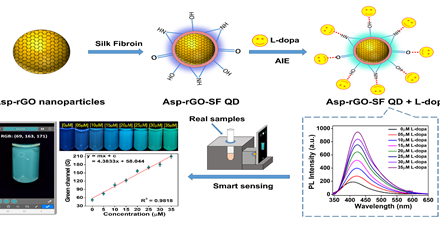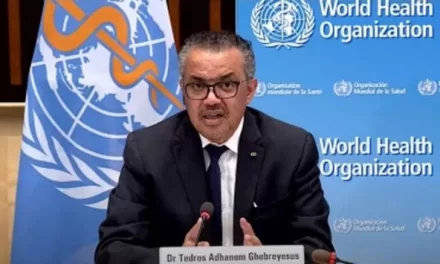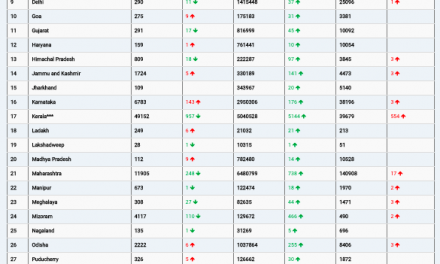The quest for more effective malaria vaccines has received a boost from a recent study published in The Lancet Microbe. This groundbreaking research provides new insights into how the immune system responds to the RTS,S vaccine, the first malaria vaccine approved by the World Health Organization (WHO).
The RTS,S vaccine, a significant advancement in malaria prevention, offers moderate protection to young children but its effectiveness diminishes approximately 18 months after administration. To develop vaccines with longer-lasting effects, scientists need a deeper understanding of RTS,S’s mechanisms and its modest protective capacity.
The recent study focused on the roles of two types of antibodies—IgG and IgA—in providing protection against malaria in vaccinated African children. Antibodies are crucial proteins in the blood that help combat infections.
The research team, led by Professor James Beeson from the Burnet Institute’s Malaria Immunity and Vaccines Group, discovered that specific antibody functions target different regions of malaria parasites to prevent disease.
“IgA antibodies, typically associated with mucous membranes in the nose, throat, and gut, are usually considered important for respiratory infections,” explained Professor Beeson. “However, our research revealed that these antibodies are also present in the blood of vaccinated children, where they play a role in clearing malaria infections and preventing illness.”
The study also highlighted the critical role of IgG antibodies, which work in conjunction with other immune system components to provide robust defense against malaria. Furthermore, the research uncovered potential differences in vaccine responses between boys and girls—an aspect not previously explored in malaria vaccine studies.
“This study addresses crucial gaps in our understanding of immune mechanisms in vaccinated children,” noted Professor Beeson. “It marks a significant step towards enhancing malaria vaccine efficacy and developing tailored strategies based on different immune responses.”
The findings suggest that future vaccine designs could benefit from focusing on maximizing these protective immune responses. As research continues, this could lead to more effective and long-lasting malaria vaccines for children.
For more details, refer to the study by Liriye Kurtovic et al., titled “Antibody mechanisms of protection against malaria in RTS,S-vaccinated children: a post-hoc serological analysis of phase 2 trial,” published in The Lancet Microbe (2024). DOI: 10.1016/S2666-5247(24)00130-7.












